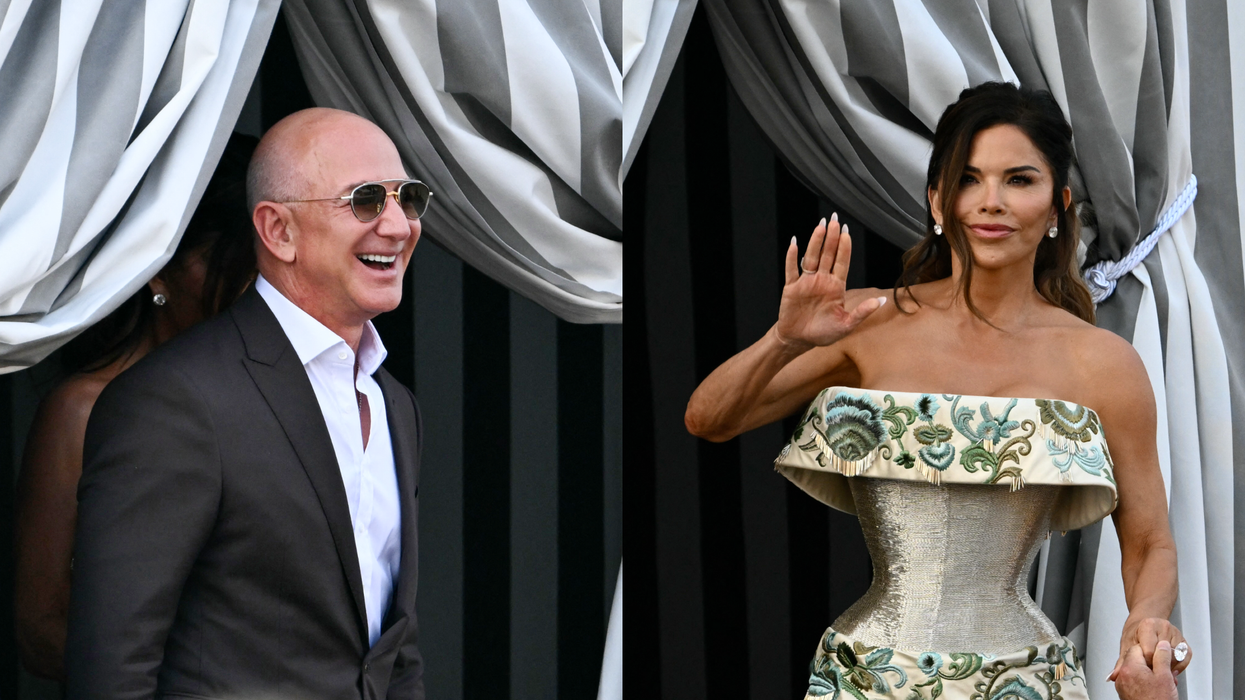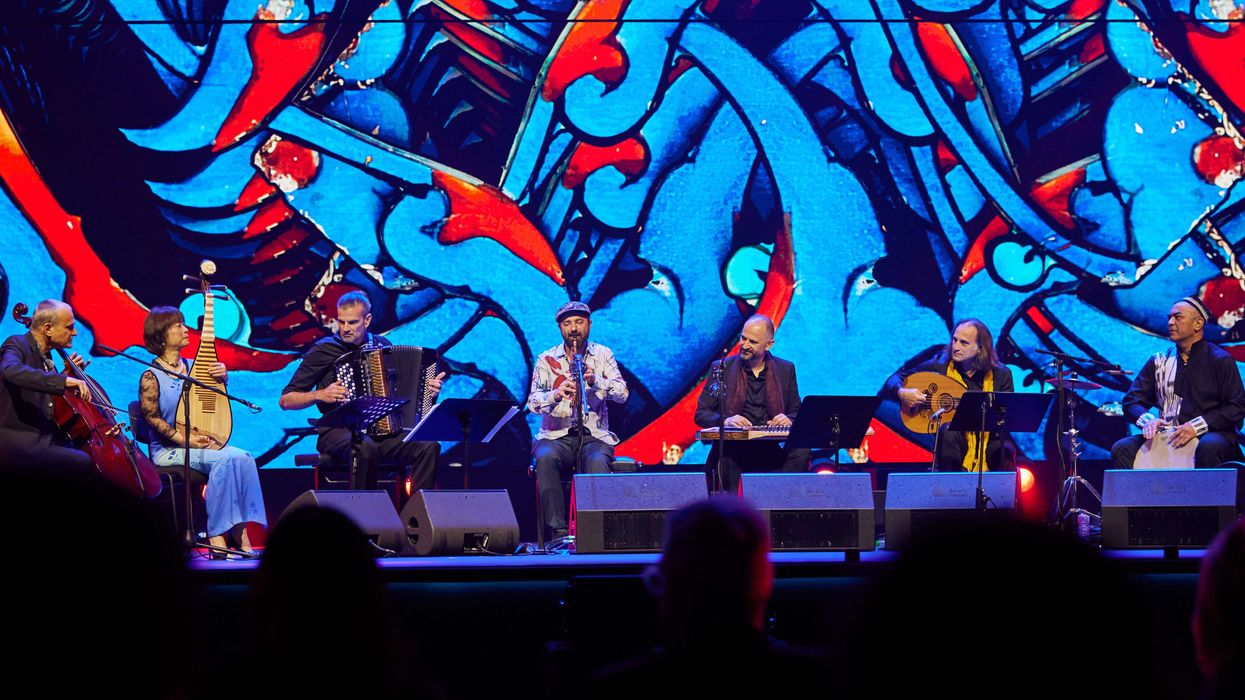Quick highlights:
- Jeff Bezos and Lauren Sánchez’s wedding celebrations kick off in Venice with around 200 high-profile guests.
- Celebrities including Leonardo DiCaprio, the Kardashians, Oprah, and Bill Gates have arrived.
- The three-day celebration is expected to cost £43–51 million (₹427–506 crore).
- Venice locals protest the event, accusing the billionaire couple of turning the city into a playground for the elite.
Amazon founder Jeff Bezos and media personality Lauren Sánchez have begun their lavish wedding festivities in Venice, Italy, drawing a guest list that reads like the Oscars after-party. The ultra-exclusive, multi-day affair has transformed the floating city into a buzzing hub of private yachts, paparazzi, and tight security.
The couple, who have been engaged since 2023, arrived earlier this week and are hosting a welcome event ahead of their expected Friday wedding ceremony. The celebrations are reportedly set across Venice’s most luxurious venues, with the final reception on Saturday.
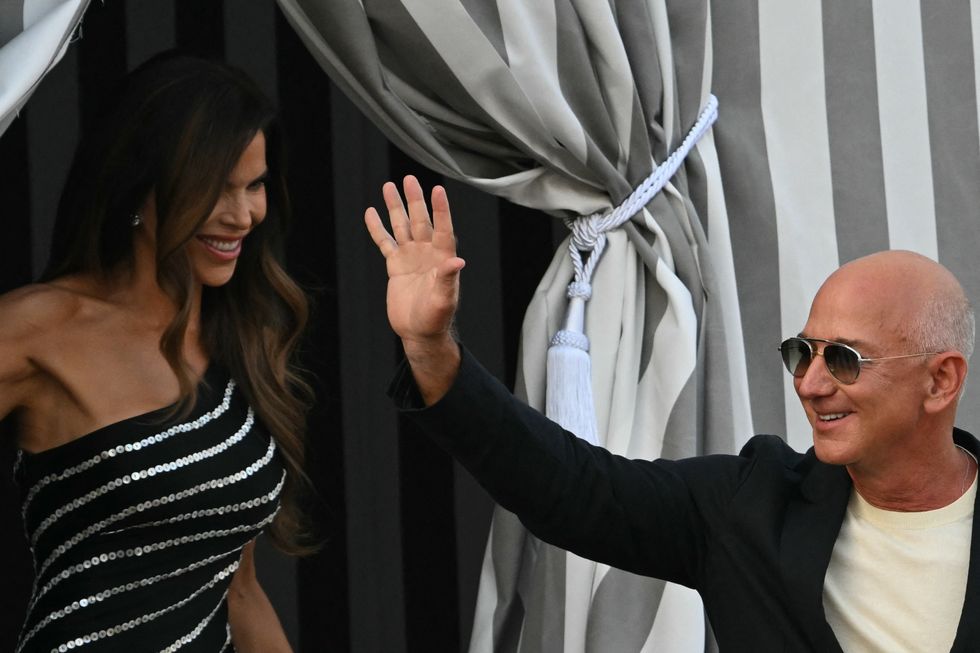
Celebrities, billionaires, royals: a who’s who of wedding guests
Familiar faces are pouring into Venice. Kim Kardashian made a headline-grabbing entrance at Marco Polo Airport, followed by sisters Khloé, Kendall, and Kylie Jenner, along with matriarch Kris Jenner. Oprah Winfrey, joined by Gayle King, arrived in a summery outfit and was spotted greeting fans as she left her hotel. Leonardo DiCaprio tried to go unnoticed in a baseball cap but was quickly recognised by photographers.
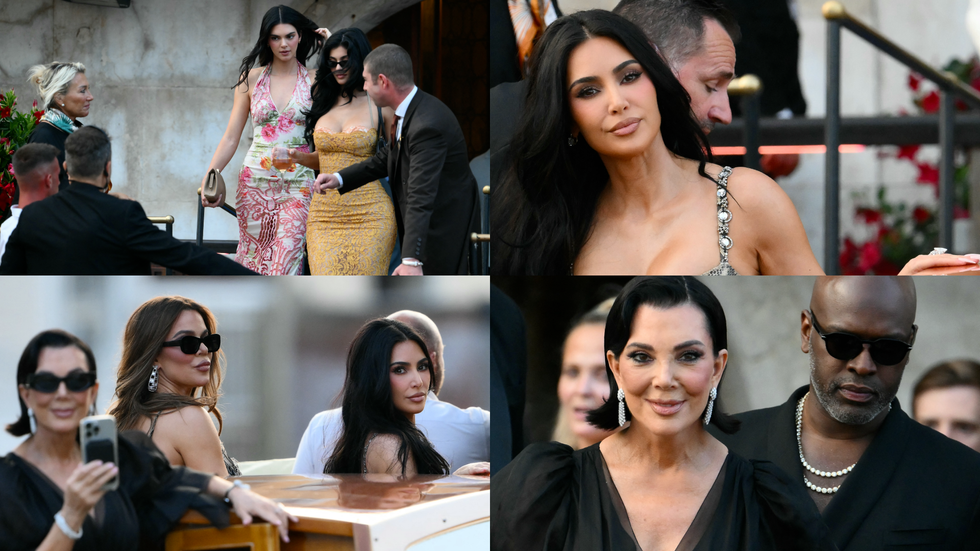
Ivanka Trump, Jared Kushner, Tom Brady, Karlie Kloss, Orlando Bloom, and even royalty like Queen Rania of Jordan were seen making their way to the festivities. Guests are staying in top-tier hotels like the Gritti Palace and Aman, where rooms overlook the Grand Canal.
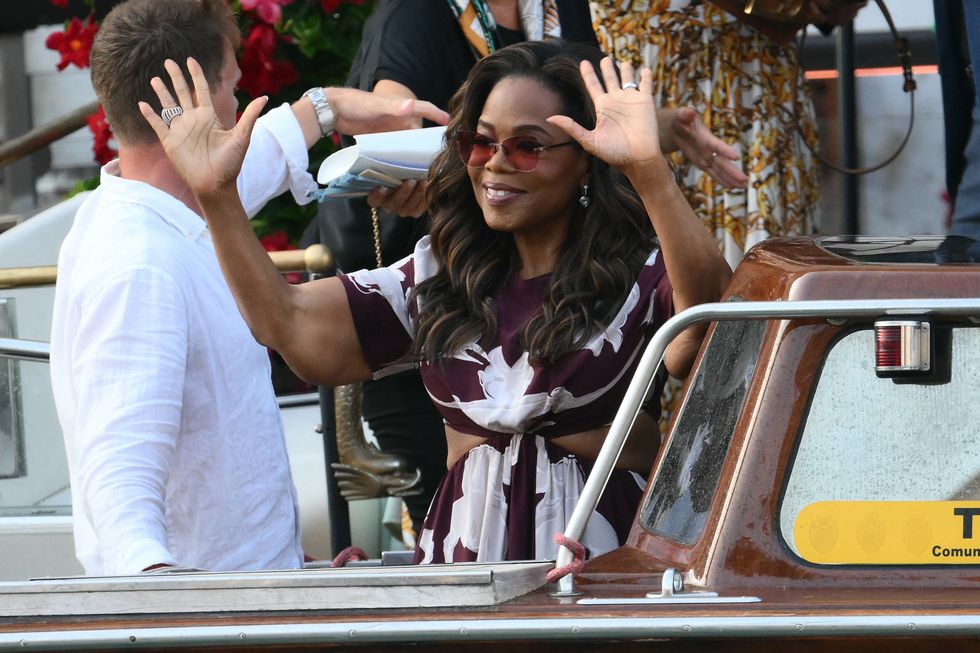
Venice residents push back against the mega-event
While the city is buzzing with glamour, not everyone is celebrating. Local activists have criticised the event for highlighting the growing gap between Venice’s global appeal and its local struggles. A protester scaled a flagpole in St Mark’s Square, unveiling a banner reading, “The 1 per cent ruins the world,” targeting the excessive nature of the celebration.
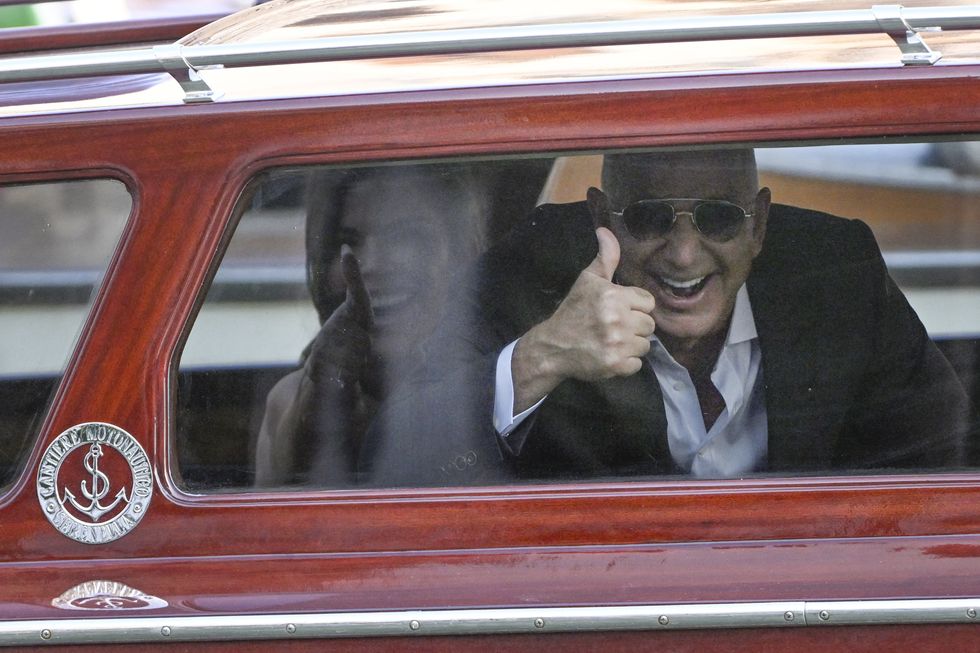
The wedding, estimated to cost between £43–51 million (₹427–506 crore), may not dent Bezos’s £182 billion (₹18.1 lakh crore) fortune, but it has sparked debates about overtourism and inequality in one of Europe’s most fragile heritage cities.
